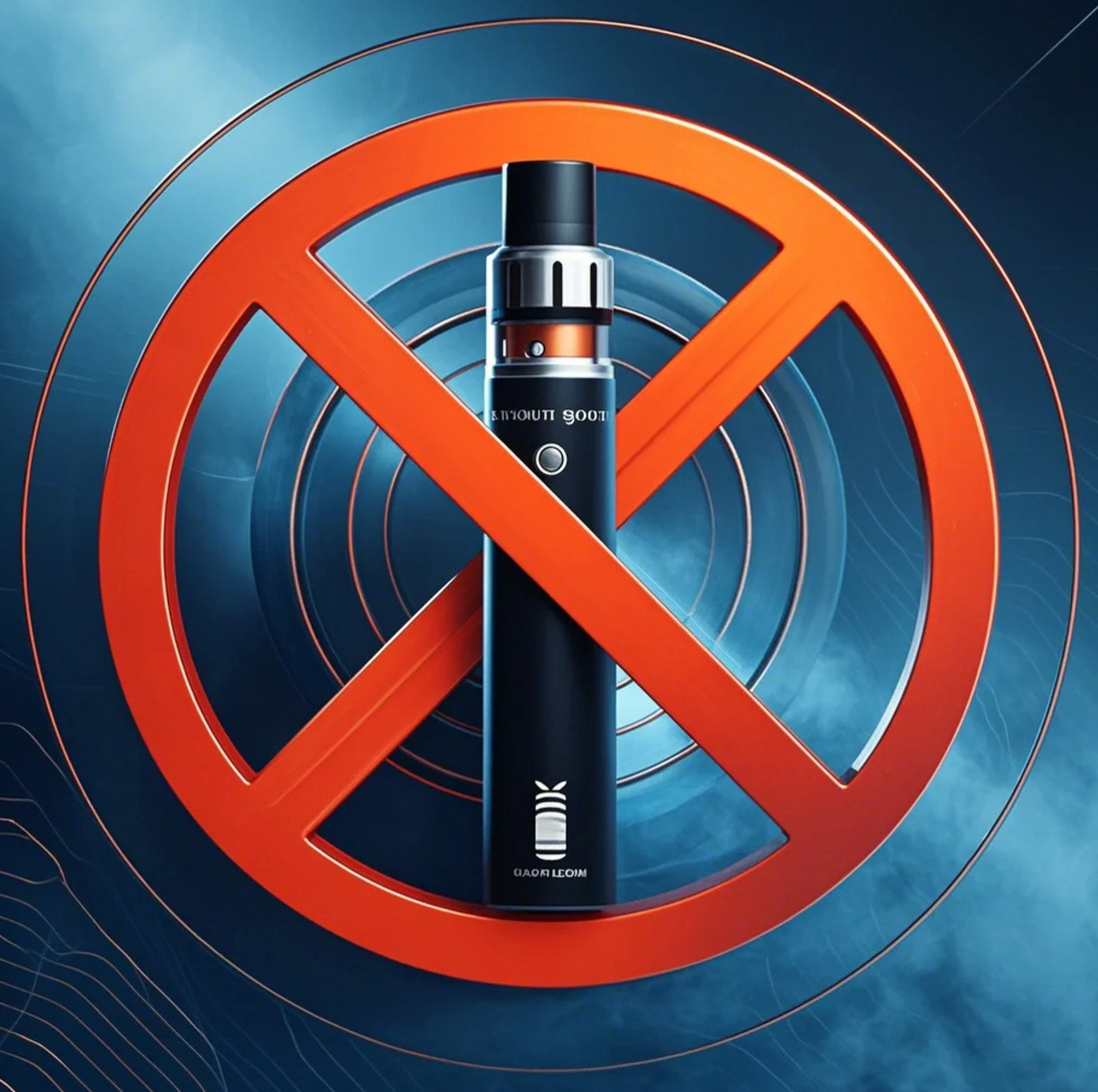
How to Prepare for the UK’s 2025 Disposable Vape Ban as a Seller
Partager
In a decisive move to address growing public health and environmental concerns, the UK government recently announced plans to ban disposable vapes starting in 2025. This disposable vape ban follows mounting evidence linking vaping to health risks, such as collapsed lungs, and the environmental burden posed by single-use plastics and lithium batteries. According to reports, over 1.3 million disposable vapes are discarded weekly in the UK, with only a fraction being recycled. These alarming numbers, coupled with health warnings about excessive use of vape juice and THC vapes, have pushed lawmakers to act.
For sellers in the vaping industry, this ban signals a significant shift. While it may disrupt current business models, it also presents opportunities for adaptation and growth. In this blog, we’ll explore why the ban on disposable vapes is happening, how sellers can adjust their strategies, and how ijoy can support you during this transition.
Why Is the UK Banning Disposable Vapes?
The decision to implement a disposable vape ban stems from a combination of health, environmental, and ethical concerns.
1. Health Risks

Disposable vapes have been widely criticized for their accessibility to underage users. With enticing flavours and sleek designs, they appeal disproportionately to teenagers, fostering early nicotine addiction. Moreover, studies have linked excessive vaping to severe health problems, such as vaping collapsed lung and respiratory distress caused by inhaling harmful chemicals in vape liquid.
The rise of THC vapes has exacerbated these concerns, as they sometimes contain unregulated substances that pose additional risks to public health.
2. Environmental Impact

The environmental toll of disposable vapes is staggering. Each device contains plastic, lithium batteries, and vape juice residues, all of which contribute to pollution when improperly disposed of. Recycling rates remain low, and the improper disposal of lithium batteries increases fire risks in waste management facilities.
3. Government Accountability
Governments are under increasing pressure to regulate products that harm public health and the environment. The vape ban aligns with broader sustainability goals, aiming to reduce waste and encourage healthier consumer habits.
How Should Sellers Respond to the Disposable Vape Ban?
While the ban on disposable vapes may seem like a setback, it also provides an opportunity to innovate and adapt. Here are three strategies for sellers to navigate the changing landscape:
1. Diversify Product Offerings
Shift your focus from disposable vapes to reusable alternatives, such as refillable vape kits and vape juice bottles. These products are not only more environmentally friendly but also align with the preferences of eco-conscious consumers. Invest in educating your customers about the benefits of reusable systems, emphasizing cost savings and reduced waste.
2. Emphasize Compliance and Safety
Ensure that your products meet all safety regulations, particularly if you sell vape liquid or THC vapes. Highlight features such as child-resistant packaging, compliance with UK safety standards, and the absence of harmful additives. Transparency about ingredients will build trust with your customers.
3. Leverage Sustainability Initiatives
Align your brand with sustainability by offering recycling programs or partnering with organizations that promote eco-friendly practices. Demonstrating a commitment to environmental stewardship can differentiate your business in a competitive market.
How ijoy Can Help You Succeed Amid the Vape Ban

At ijoy, we understand the challenges sellers face as regulations evolve. Our mission is to support your business through these transitions with tailored solutions and high-quality products. Here’s how we can assist you:
1. A Wide Range of Reusable Vape Devices
Our product line includes state-of-the-art refillable vape kits designed for durability and user satisfaction. These devices are compatible with various vape juice formulations, providing flexibility for your customers while ensuring compliance with the upcoming vape ban.
2. Premium Vape Liquids
We offer a diverse selection of vape liquid options, including nicotine-free and regulated THC vape solutions. All our liquids adhere to strict quality standards, giving you peace of mind and a competitive edge.
3. Customised Business Solutions
Whether you’re a small retailer or a large distributor, ijoy provides tailored support, from inventory management to marketing strategies. Our team will help you adapt your business model, ensuring a seamless transition away from disposable vapes.
4. Sustainability Partnerships
Partner with us to access resources and initiatives that support recycling and waste reduction. By aligning with our sustainable practices, your business can enhance its reputation and attract environmentally conscious customers.
Conclusion
The UK’s disposable vape ban marks a pivotal moment for the vaping industry. While the ban responds to legitimate concerns about health and environmental impact, it also challenges sellers to innovate and adopt more sustainable practices. By diversifying your product range, prioritising safety, and embracing eco-friendly initiatives, you can not only survive but thrive in this new regulatory landscape.
At ijoy, we’re committed to helping you navigate these changes. With our premium reusable devices, high-quality vape liquids, and tailored business solutions, we’ll equip you with the tools needed to succeed in a post-vape ban world. Together, we can shape a healthier, more sustainable future for the vaping industry.
If you have questions or need support, feel free to reach out to our team. Let’s prepare for the future—today.
